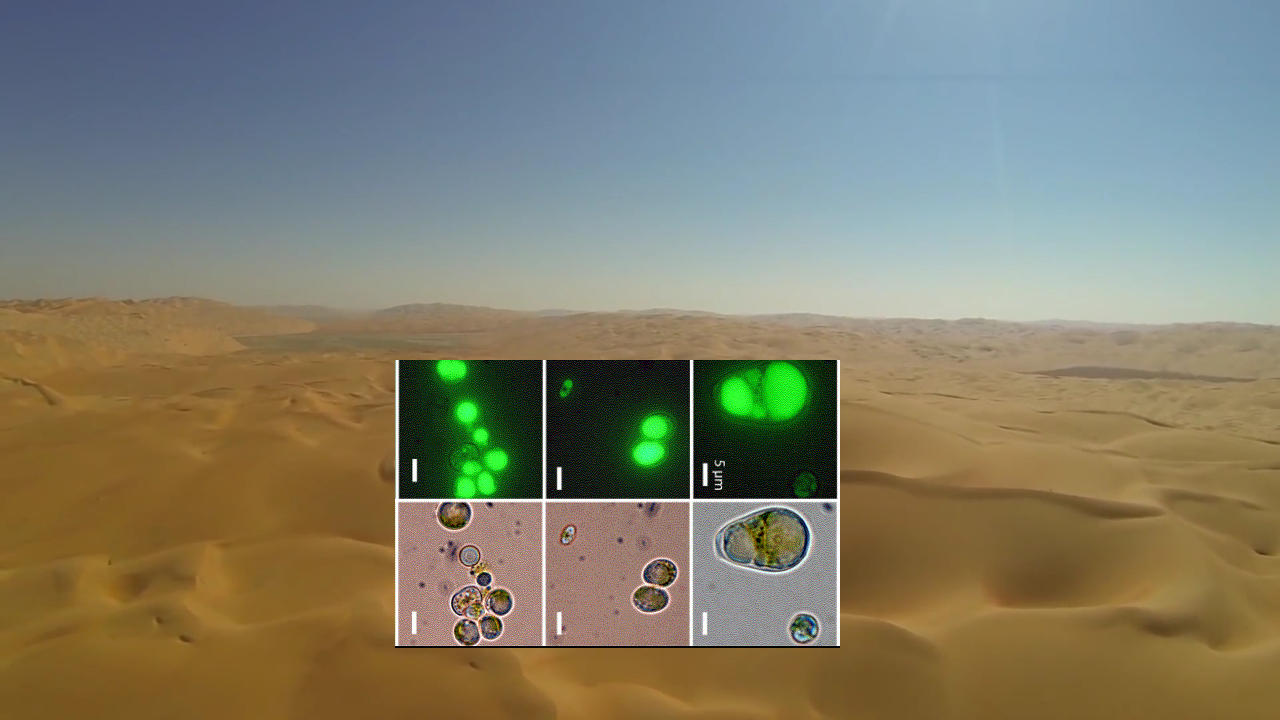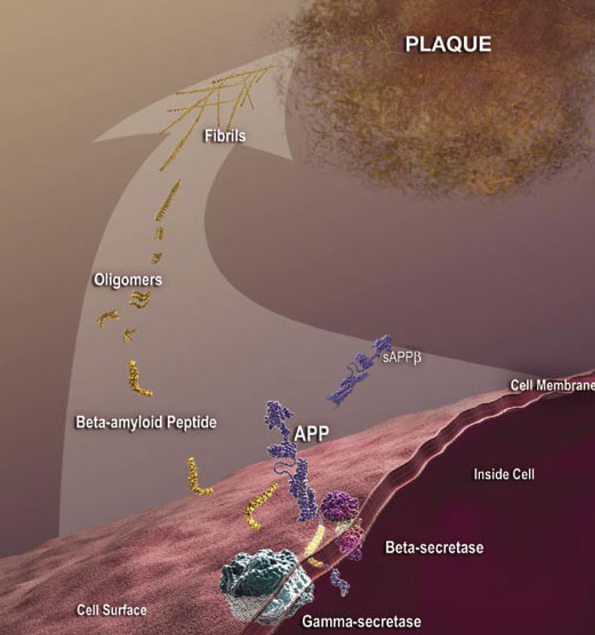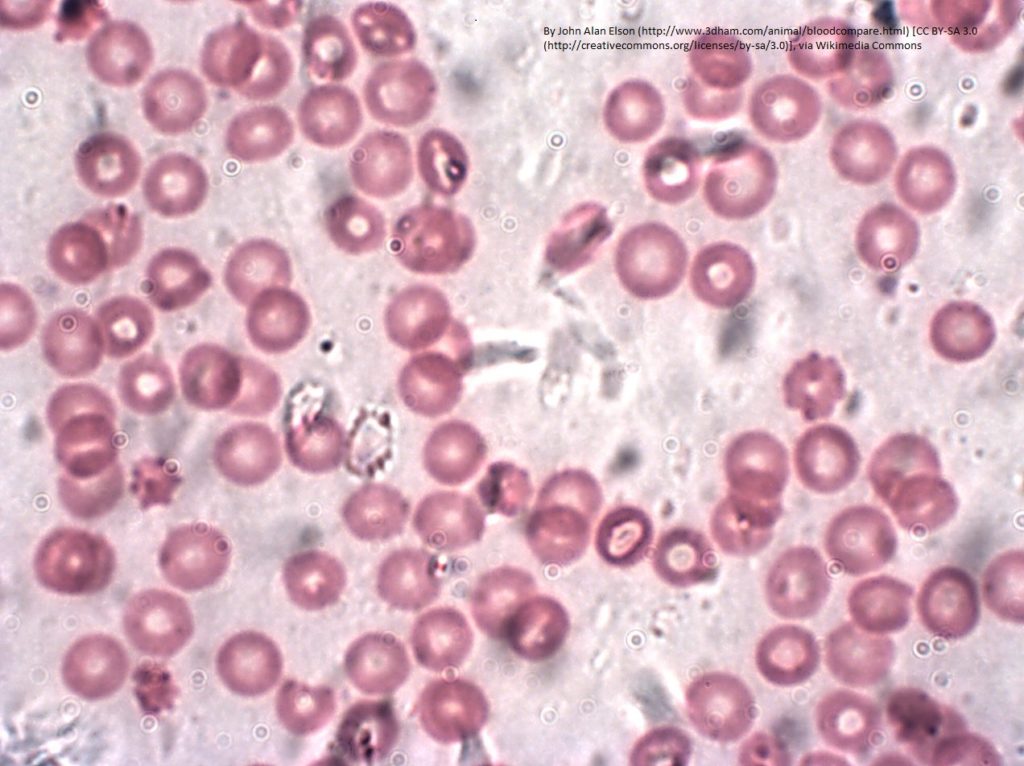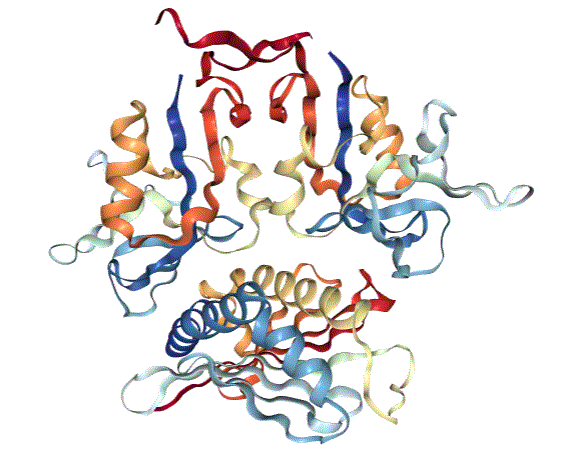Desert Green Algae and Cyanobacteria for Synthetic Biology
Synthetic biology is the discipline of designing and then engineering artificial systems using biological components. The field of molecular biology and the ability to read the information encoded in DNA are critical to this technical discipline, which also relies on the principles of engineering, detailed knowledge of cell biology, and an understanding of chemistry. Synthetic … Read more




